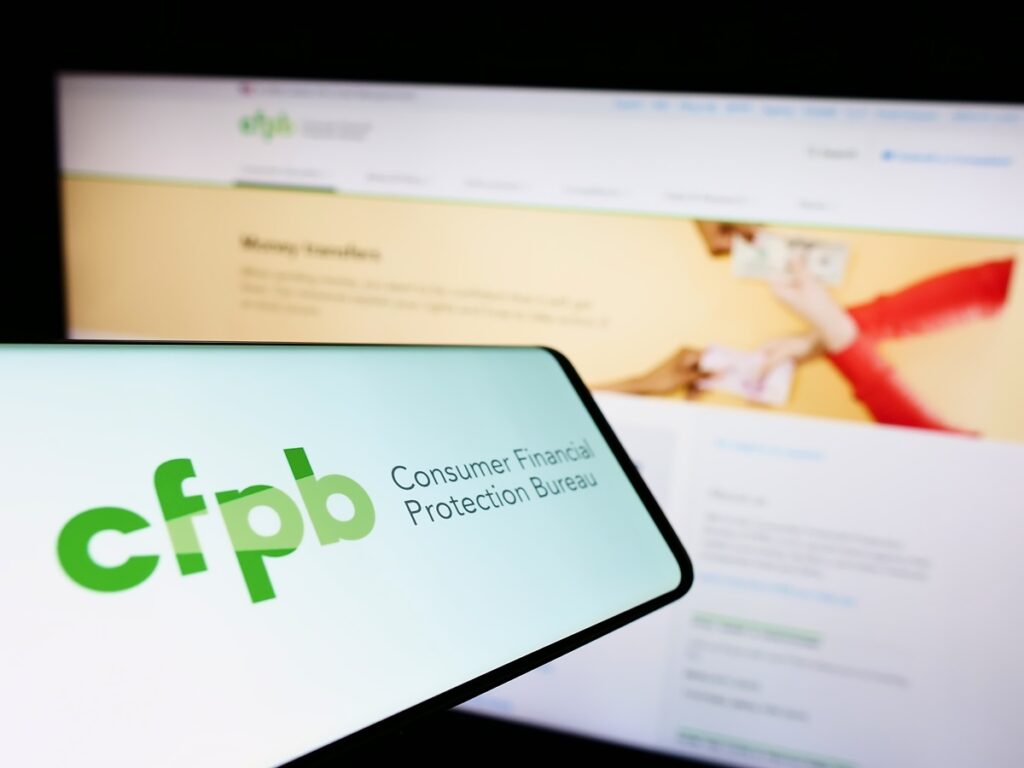The Consumer Financial Protection Bureau (CFPB) has finalized a rule mandated by Congress that applies existing residential mortgage protections to Property Assessed Clean Energy (PACE) loans. PACE loans are used by homeowners for clean energy upgrades and disaster readiness that are paid back through their property tax bills. Because of concerns about subprime-style lending that puts homeowners at risk of losing their home, Congress required the CFPB to enhance protections.
The CFPB’s new rule will ensure that PACE loan borrowers have the right to receive standard mortgage disclosures that allow them to compare the cost of the PACE loan with other forms of financing, and the lender will be responsible for ensuring that the borrower is not set up to fail with an unaffordable loan.
“Today’s rule stops unscrupulous companies and salespeople from luring homeowners into unaffordable loans based on false promises of energy savings,” said CFPB Director Rohit Chopra. “Homeowners deserve to know just how much they are paying when they put their home and financial future on the line.”
Most PACE loans are marketed to homeowners, typically through door-to-door sales, by a company who brokers financing and contracts for clean energy installation or other home improvements. These companies may promise that the improvements will pay for themselves with energy savings or through enhanced disaster preparedness.
Analyzing PACE Loans
While PACE financing can provide quick cash for home improvements, CFPB research shows that:
- Most PACE borrowers are eligible for other forms of financing, often at much cheaper rates than PACE loans.
- PACE loans caused borrowers’ property taxes to increase by about $2,700 per year or an 88% increase.
- PACE borrowers were more likely to fall behind on their first mortgage than people who chose not to finance home improvements with PACE.
- PACE loans tend to be more expensive—around five percentage points higher—than first mortgages, even though PACE loans get paid at a foreclosure sale before first mortgages.
Enhancing Consumer Protections
The CFPB has been monitoring the fast-growing market for loans used for clean energy financing, including those not paid back through property taxes. In August 2024, CFPB issued a report and advisory warning consumers about predatory solar loans that found some residential solar lenders are misleading homeowners about the terms and costs of their loans, their payment plan, misrepresenting the energy and tax savings, and cramming markup fees into borrowers’ loan balances.
The CFPB’s latest rule is part of the Bureau’s commitment to implementing regulations mandated by Congress and reviewing outdated regulations. Recently, the CFPB finalized a rule to implement a 2010 authority that provides new rights for consumers to control their personal financial data.
Last year, the CFPB finalized a required rule to increase transparency into small business lending. In 2022, the CFPB finalized a required rule to help human trafficking survivors rebuild their financial lives. The CFPB has also looked at and reviewed regulations related to junk fees, including in the mortgage market.
Industry Reaction
The Mortgage Bankers Association (MBA) and National Consumer Law Center (NCLC), along with the California Mortgage Bankers Association, Housing Policy Council, Jacksonville Area Legal Aid, Mortgage Bankers Association of Missouri, Mortgage Bankers Association of Florida, and Public Counsel of California have issued the following joint statement in response to today’s CFPB final rule on PACE loans:
“The CFPB’s final rule is a significant step to protect consumers and reduce mortgage delinquencies by ensuring that consumers are both informed of the obligations they are signing up for when they take out a PACE loan and that they have the ability to repay the loan,” read the joint statement. “This is a welcome culmination of a process that started in 2018 when President Trump signed bipartisan legislation to regulate PACE loans, which are secured by the homeowner’s property, in a similar fashion to other mortgages. A 2023 CFPB report found that PACE loans cause an increase in negative credit outcomes, particularly mortgage delinquencies when PACE loans are paid through borrower escrow accounts. We note, however, that the rule does not change the fact that PACE loans are provided as a ‘super lien priority’ through the tax assessment process, which is damaging to the housing market and to borrowers who may not be able to refinance or recoup their investment at the time of a sale due to the PACE obligation’s priority status. We will continue to work together to address such challenges as well as any that might arise during the implementation of the rule in states with PACE programs.”
Today’s final rule, which will be effective on March 1, 2026, implements the Congressional mandate in the Economic Growth, Regulatory Relief, and Consumer Protection Act of 2018.





